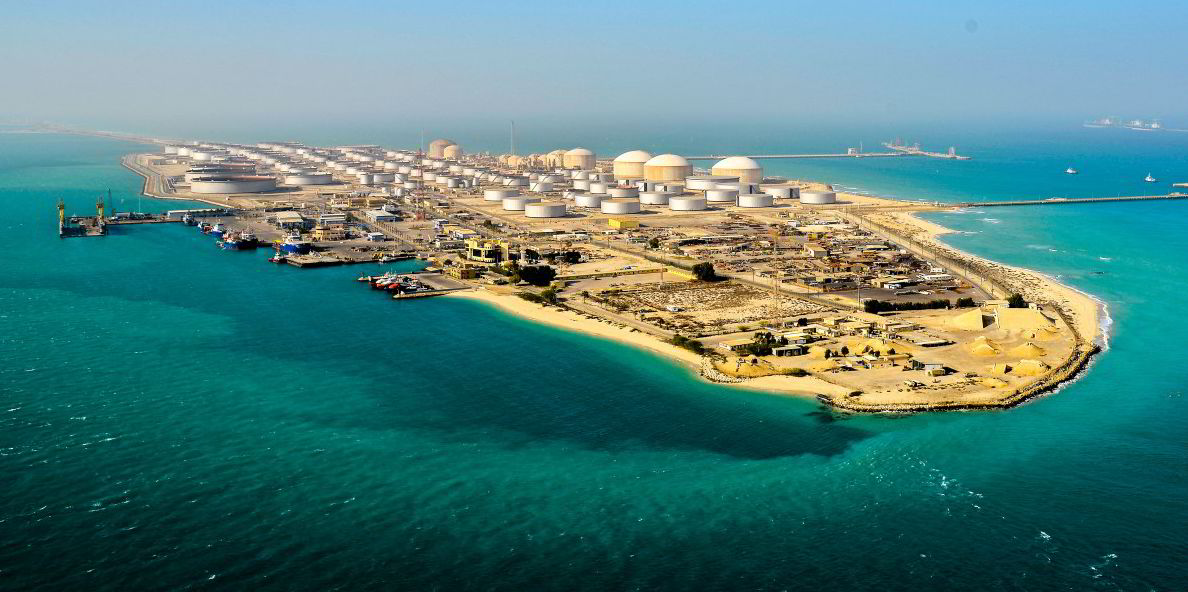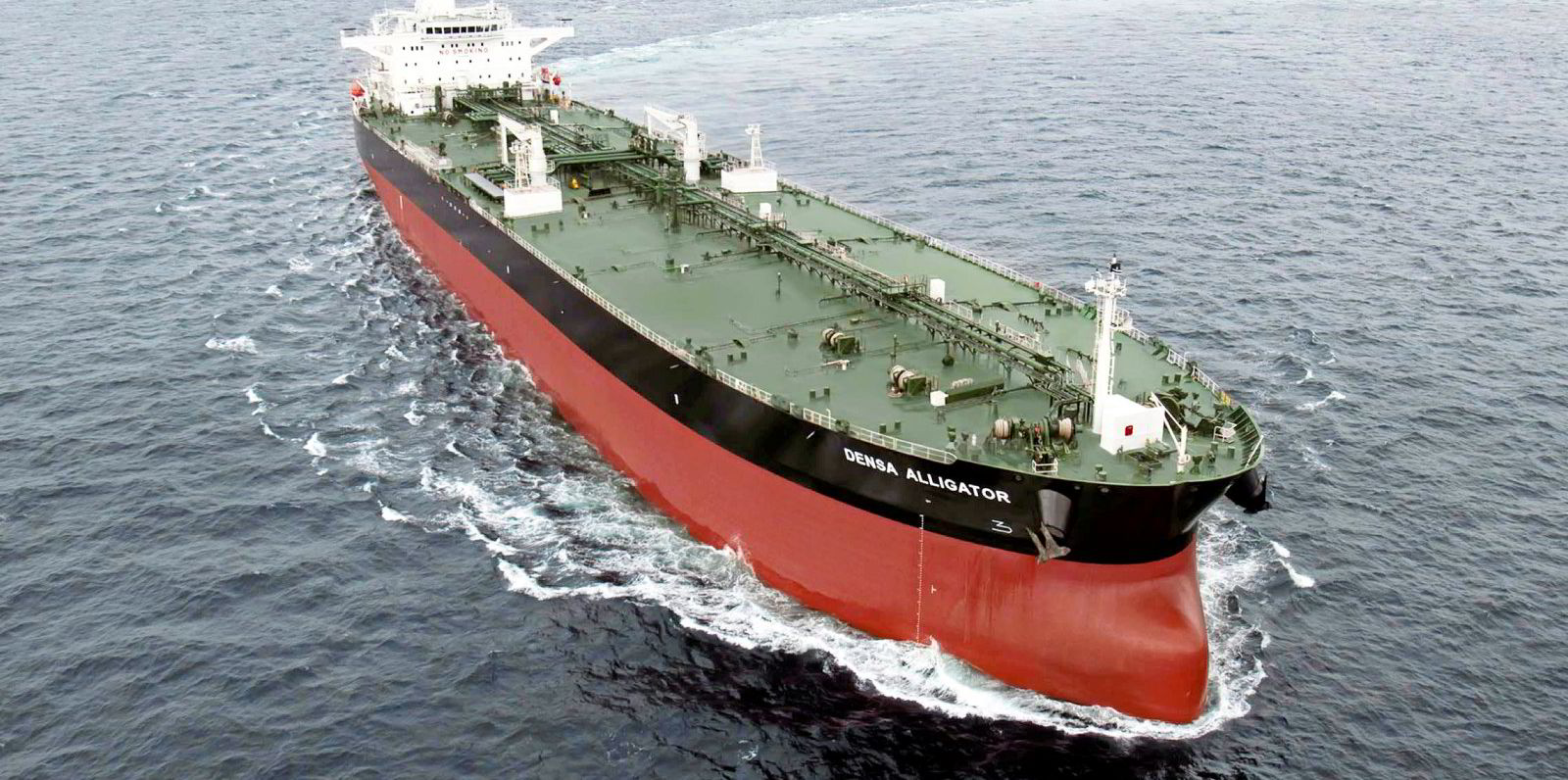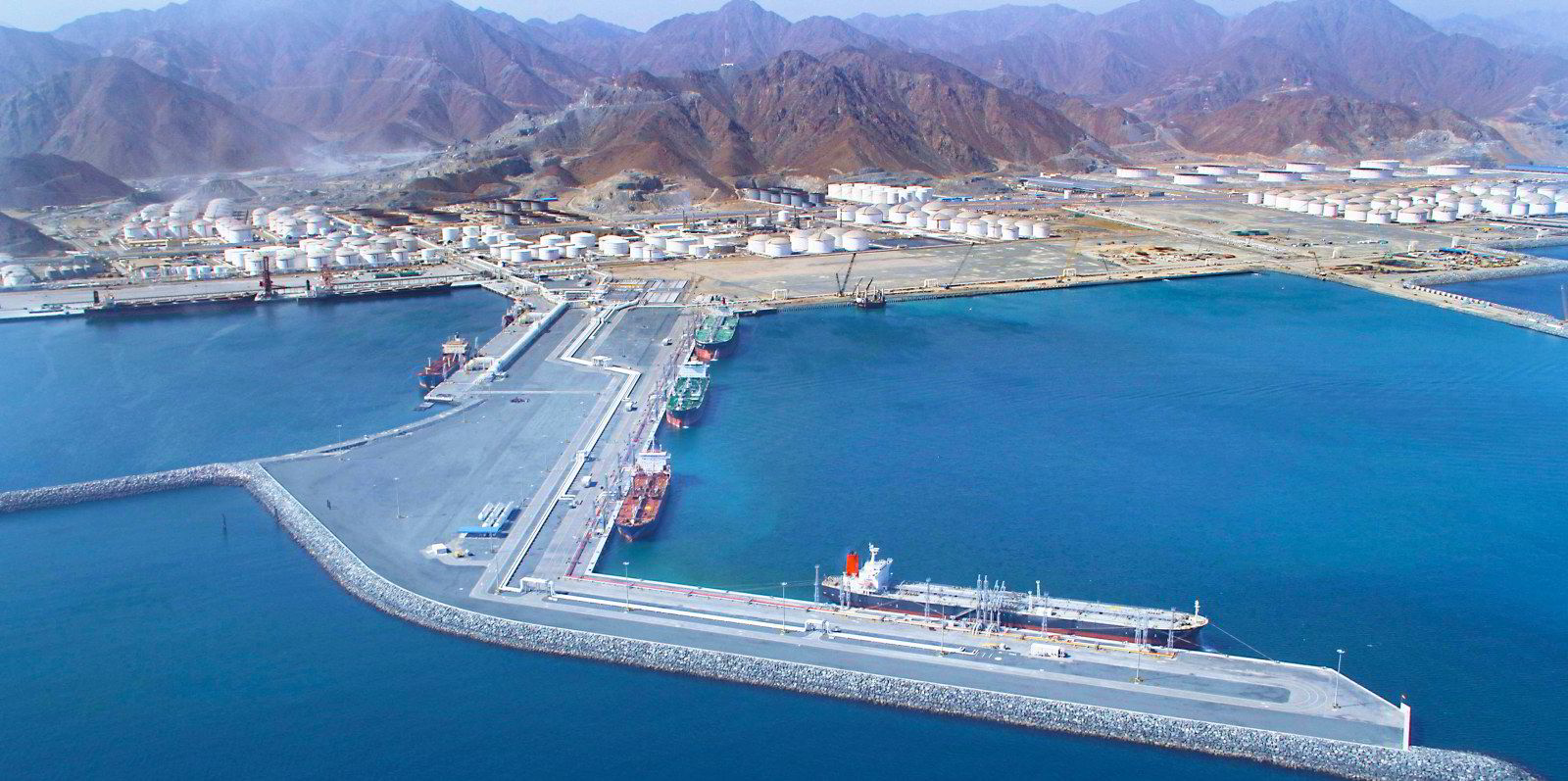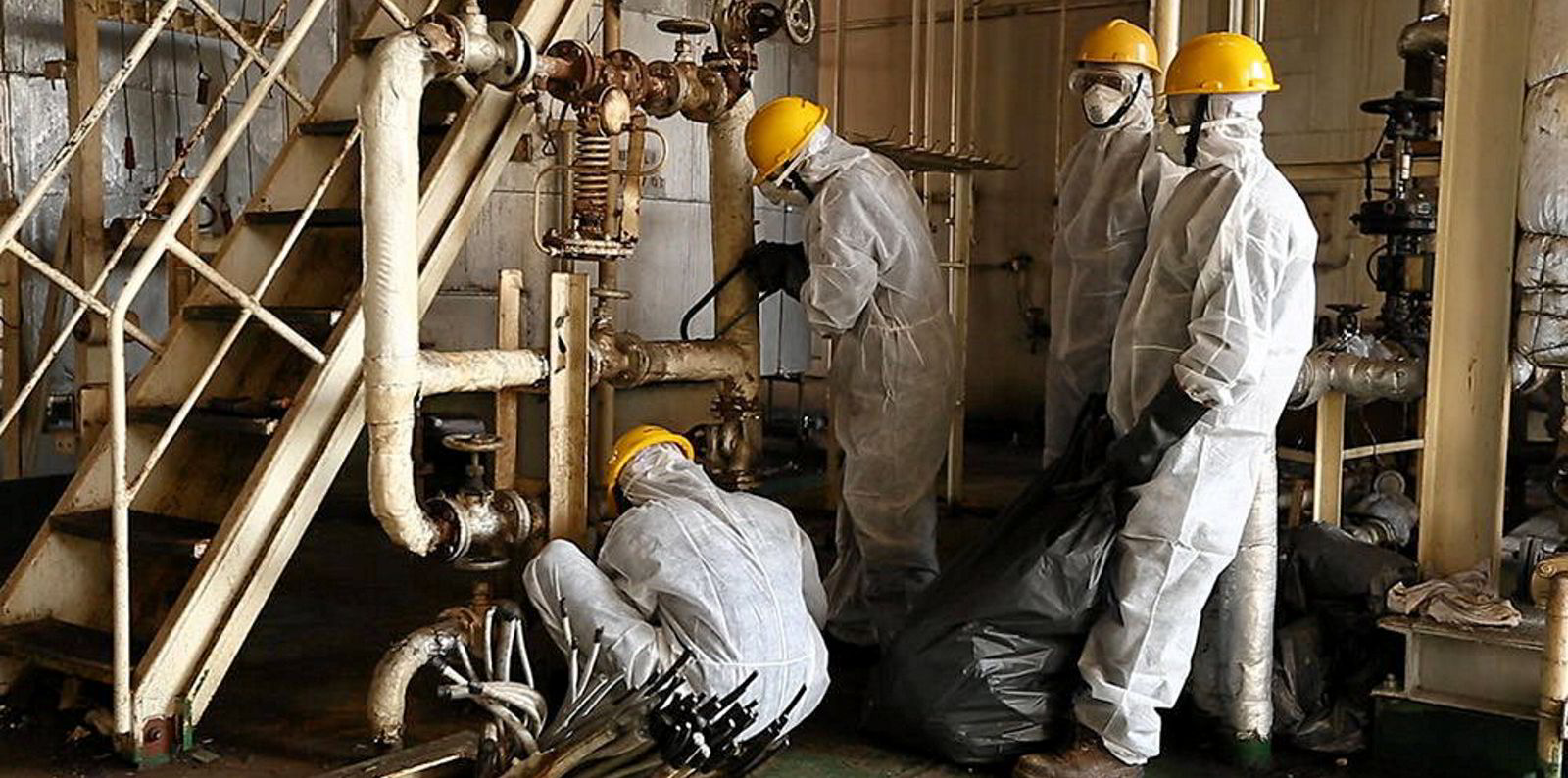Tanker markets are set for a slow recovery unless something extraordinary happens, such as failed vaccination, a break-up of the Opec+ alliance, or a quick conclusion to the coronavirus pandemic.
This is how some industry experts expect tanker trade to evolve this year, based on the views they expressed at a panel discussion held by Argus Media on Thursday.
The consensus is that tanker rates will stay in the doldrums for at least a further six months, with oil destocking taking place at a gradual, uneven pace amid pandemic uncertainty.
But Jefferies analyst Randy Giveans said his “dream scenario” would be a strong oil demand recovery with Covid-19 vaccination programmes being quickly rolled out.
“You would see increased refinery utilisation and obviously increased crude flows,” which would lead to more shipping demand, according to Giveans.
Others said rates could be boosted by a spike in floating storage requirements if the crude futures curve returns to contango.
This might be triggered by another collapse in oil consumption if the pandemic continues to worsen and vaccination turns out to be ineffective.
“It may be counter-intuitive to think about this, but if you have a worse-than-expected [oil] demand, that could push the forward price ... back to contango,” Vortexa’s managing director for the Americas, Clay Seigle, said.
Bimco chief shipping analyst Peter Sand said an oil contango could also be prompted if Opec fails to continue its supply pact with Russia-led allies.

“An Opec+ alliance breakdown ... should set the market on fire,” he said. “The tanker market has shown us consistently over many years that anything is possible.”
Reduced floating storage
The oil price war between the Opec and Russia in March led to unprecedented demand for floating storage, boosting tanker earnings to all-time high levels.
But the amount of oil being floated has fallen sharply since July, with the crude market flipping into backwardation after Opec+ called a truce and reduced output.
Kpler data shows 182m barrels of crude and refined products were stored at sea for seven days or longer as of Thursday, halved from a record high of 365m barrels on 28 June.
“Inventories have come down pretty dramatically,” Giveans said, “and we're still unwinding the inventories.
“We do not think there will be increases in floating storage, especially from an economical profitable point of view because of [oil backwardation].”
Slow tanker trade
Unless something extraordinary happens, the panellists expect limited improvement in tanker demand this year despite support from long-haul shipments.
Seaborne oil trade volume averaged 60m tonnes in December, much lower than the April level of 72m tonnes, Vortexa data shows.
“Freight demand from oil flows is really just a fraction of what we saw as recently as last spring,” Seigle said.
“Our expectation for the new year ... is pretty cautious. We don't think that those oil-in-transit volumes this year are going to surpass last year.”
Sand said that while tanker demand is plagued by slow recovery in oil consumption, especially among OECD members, rising cargo flows from the Atlantic basin to China and Singapore are leading to more tonne miles.
“We're in for changes to trade patterns, but we must also admit that this is a long and uneven recovery,” he added.






